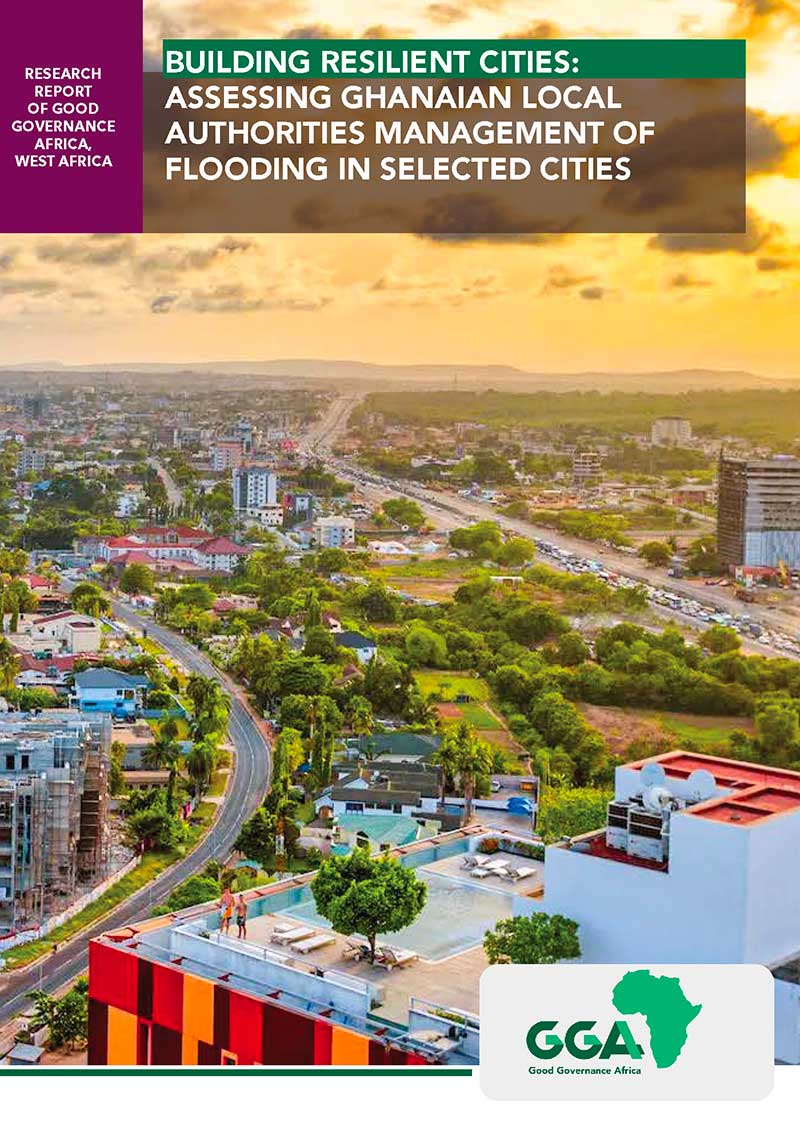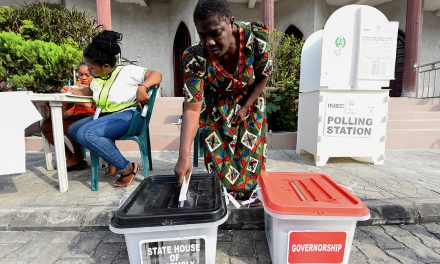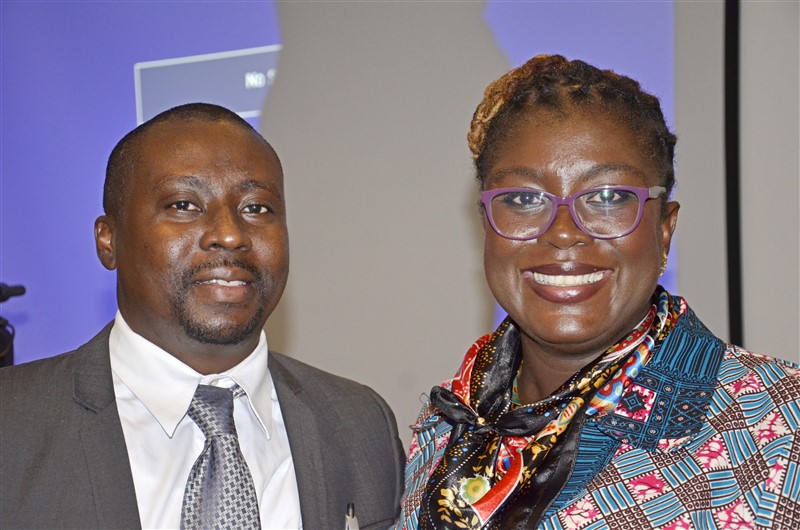
In the face of climate change effects, building resilient cities is the only option available to city managers. Perennial flooding across the major cities in Africa poses a significant threat to governments’ accelerated socio-economic development agenda. Lives have been lost, properties destroyed, people displaced, transport links disconnected, economic activities disrupted, and livelihoods uprooted because of flooding. According to the UN Sustainable Development Goal 11, which focuses on making cities and human settlements inclusive, safe, resilient and sustainable, there is a need for city authorities to create green spaces and get a broader range of people involved in urban planning decisions. This will require designing and implementing climate-smart human settlement plans and taking steps to improve infrastructure systems in existing flood-prone settlements in the city. It follows that working with residents in flood-prone areas of the city has the promise of building resilient cities in the face of the realities of climate change, yet we do not know the extent to which city authorities prioritise the urban environment and green space planning decisions. We also do not know how city authorities work with residents in flood-prone areas around urban environments and green spaces towards making Ghanaian cities more resilient.











